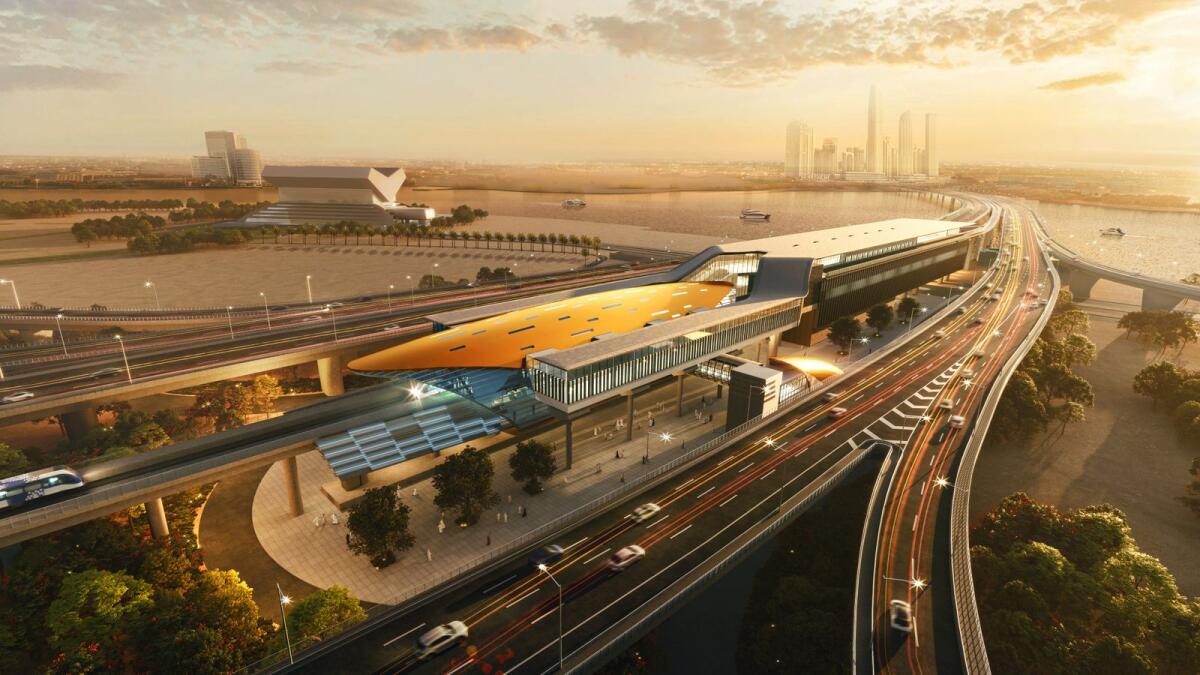Living in less densely populated and emerging communities in Dubai may save residents money on rent, but it often results in spending more time and money on transportation. The recent announcement of the expansion of the Dubai Metro, the city’s public transport backbone, has been welcomed by residents as it will positively impact their daily lives. The addition of new metro stations is expected to make commuting more efficient, reliable, and smoother, ultimately enhancing the overall quality of life for residents.
The Executive Council of Dubai has revealed plans to expand the Dubai Metro from 64 stations to 96 stations by 2030, with a further increase to 140 stations by 2040. This expansion is aimed at increasing the share of public transport in the emirate to 45%, reducing carbon emissions, and improving efficiency and convenience of sustainable transport. Dr. Monica Menendez, an expert in Engineering, believes that the expansion of the metro system should be followed by improvements in other forms of public transportation and active modes of transport such as walking, biking, and micro-mobility.
The planned transit-oriented development in Dubai is expected to shift the city’s focus from being car-centric to providing flexible public transportation options that encourage residents to use public transport over private vehicles. Residents like Arijit Nandi see the Metro as a convenient alternative to driving, especially for frequent travelers. The addition of new Metro stations in emerging areas like Jumeirah Village Circle and Arabian Ranches is eagerly anticipated by residents who currently face challenges with mobility due to limited public transport options.
The Blue Line Dubai Metro extension, set for completion by 2029, will connect key neighborhoods with the city’s growth areas and reduce travel time for residents. The extension will also feature trains crossing the historic Dubai Creek, providing elevated railway connections to various parts of the city. While the expansion of the Metro is expected to bring convenience and efficiency to residents, it may also lead to an increase in property values in areas with new Metro stations due to improved connectivity and accessibility.
Andrew Elliott, a real estate expert, notes that the construction of new train or metro stations can significantly increase property values by attracting investment from developers and stimulating urban growth. Additionally, properties located near metro stations are likely to see an uptick in rental rates and demand, making them more appealing to investors and residents. The focus on sustainability and reducing carbon emissions through enhanced public transport infrastructure will play a crucial role in supporting Dubai’s vision of becoming a global hub for business and tourism.











